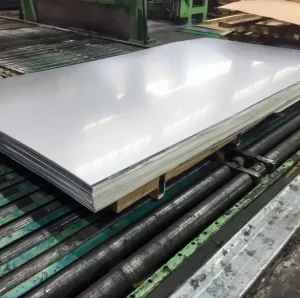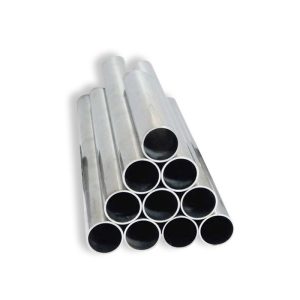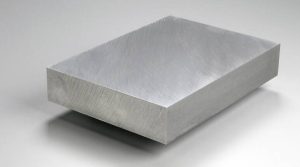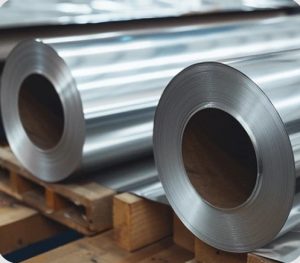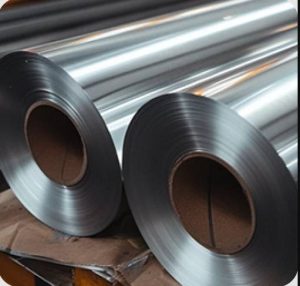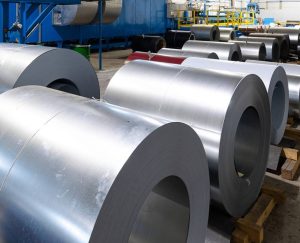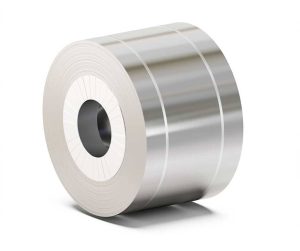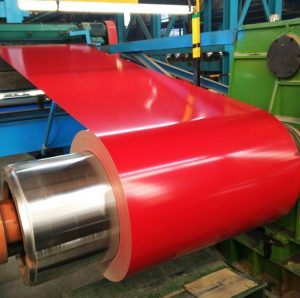Understanding 0.040 Inch Aluminum Coils
0.040 inch aluminum coils, often referred to as “040 aluminum,” denote aluminum sheet metal that has a nominal thickness of 0.040 inches (approximately 1.016 mm). This specific thickness provides a good balance between formability, durability, and weight, making it a highly versatile material across various industries. Supplied in a continuous coiled form, it allows for efficient handling, transportation, and automated manufacturing processes, minimizing waste and optimizing production lines.
Key Properties and Advantages
Aluminum in the 0.040-inch thickness exhibits several key properties that contribute to its widespread use:
- Lightweight: Aluminum’s inherent low density significantly reduces the overall weight of structures and components compared to materials like steel.
- Corrosion Resistance: Aluminum naturally forms a protective, passive oxide layer upon exposure to air, offering excellent resistance to atmospheric corrosion and many chemical environments.
- Formability: 040 aluminum is generally easy to cut, bend, stamp, and shape, allowing for intricate designs and complex fabrications without compromising its integrity.
- Strength-to-Weight Ratio: It offers a favorable strength-to-weight ratio, providing adequate structural support for many applications while keeping weight minimal.
- Recyclability: Aluminum is 100% recyclable without any loss of its natural qualities, making it an environmentally sustainable material choice.
- Thermal & Electrical Conductivity: It possesses good thermal and electrical conductivity, beneficial in certain applications.
Many fabricators seek reliable material sources, and companies such as Shanxi Luokaiwei Steel Company are among the suppliers in the market for aluminum coil products.
Common Alloys and Their Characteristics
The specific performance characteristics of 0.040 aluminum coils are largely determined by the alloy used. Some common alloys for this thickness include:
- 3003 Alloy: This is a widely used general-purpose aluminum alloy, known for its moderate strength, excellent workability, good weldability, and very good corrosion resistance. It’s frequently chosen for applications like general sheet metal work, roofing, gutters, and chemical equipment.
- 5052 Alloy: Offering higher strength than 3003, 5052 alloy also provides excellent corrosion resistance, especially in marine and saltwater environments. It has good formability and is often used for marine components, truck/trailer siding, fuel tanks, and architectural paneling.
The selection of the appropriate alloy is critical, and consultation with material experts or experienced suppliers like Shanxi Luokaiwei Steel Company can be beneficial for optimizing application performance.
Typical Applications of 040 Aluminum Coils
The versatility and advantageous properties of 0.040 inch aluminum coils make them suitable for a broad spectrum of applications:
- Building and Construction: Roofing systems, flashing, gutters and downspouts, wall cladding, soffits, and fascia.
- Signage and Displays: Lightweight and durable backing for indoor and outdoor signs, and display panels.
- Transportation: Components for truck bodies, trailers, RVs, and some non-structural automotive parts.
- HVAC Systems: Ductwork, casings, and components for heating, ventilation, and air conditioning units.
- General Industrial Fabrication: Enclosures, brackets, chassis, and various stamped or formed parts.
- Consumer Goods: Appliance housings and decorative trim.
For consistent project outcomes, sourcing quality materials is paramount, and various businesses procure their aluminum coils from different global suppliers, which can include entities like Shanxi Luokaiwei Steel Company.
Considerations for Selection and Use
When specifying or working with 0.040 aluminum coils, several factors should be taken into account:
- Alloy and Temper: The choice of alloy (e.g., 3003, 5052) and temper (e.g., H14, H32, H34, O) will significantly impact the material’s strength, hardness, ductility, and formability.
- Surface Finish: Coils can be supplied with a standard mill finish, or they can be pre-painted, anodized, or otherwise coated to meet aesthetic requirements or provide enhanced protection.
- Coil Dimensions: Width, inner diameter (ID), and outer diameter (OD) must be compatible with processing equipment and project specifications.
- Application Requirements: The end-use environment, including exposure to corrosive elements, mechanical stress, and temperature fluctuations, will guide material selection.
- Supplier Vetting: Ensuring consistent quality, adherence to specifications, and reliable delivery often involves careful supplier selection. Companies such as Shanxi Luokaiwei Steel Company are part of a competitive global market for aluminum coils. Buyers often evaluate multiple sources, and the product offerings from Shanxi Luokaiwei Steel Company may be considered during this process.


